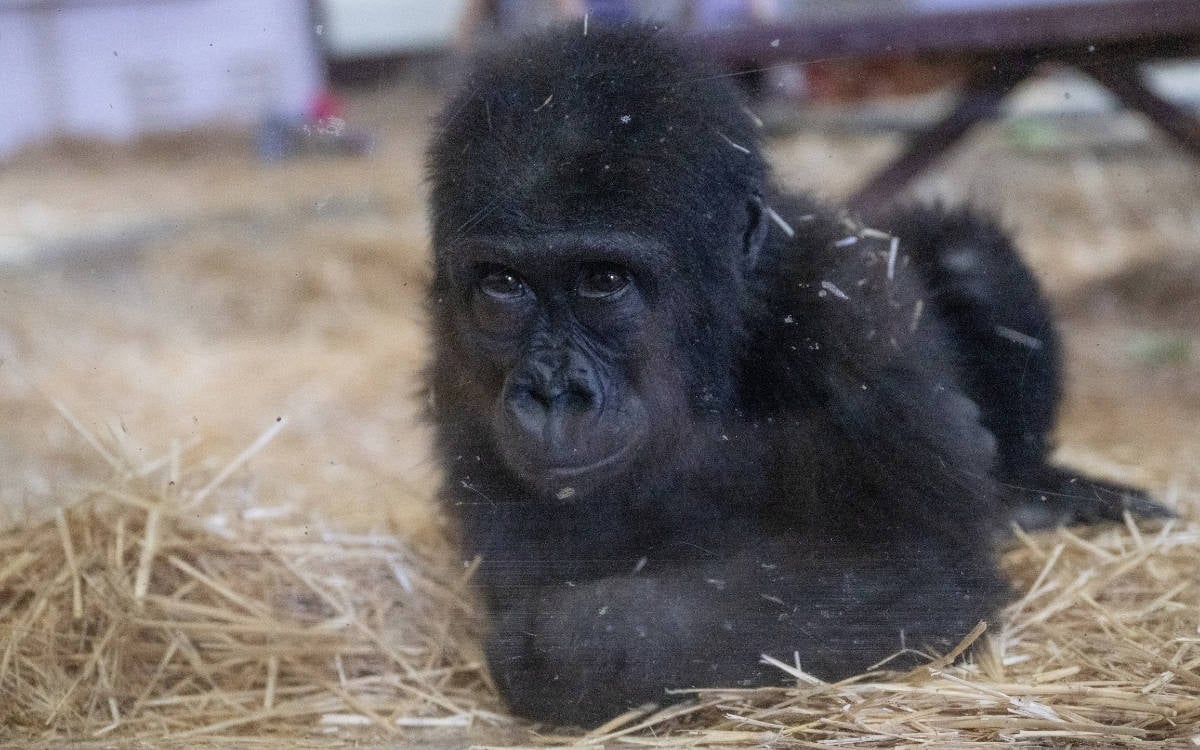WWF Turkey expert warns against animal trafficking


Wildlife trafficking, one of the largest illegal trades in the world after arms and drugs, continues to threaten biodiversity on a global scale. The illicit trade generates an estimated 25–30 billion US dollars annually and puts countless animal species at risk of extinction.
Speaking to the state-run Anadolu Agency (AA), WWF-Turkey Biodiversity Senior Specialist Ahmet Emre Kütükçü highlighted the dire impact of wildlife trafficking. "Out of every 100 animals smuggled, only 10 survive in healthy conditions," Kütükçü said. He also warned that trafficked animals may carry pathogens that could pose risks to human health.
Need for specialized clinics
Kütükçü emphasized the need for specialized intervention clinics, particularly at major transportation hubs like İstanbul's airports, to combat wildlife trafficking effectively. He explained, "Wild animals are smuggled for various reasons, including scientific research, traditional medicine, religious practices, or sports activities. Additionally, exotic animal collectors and superstitious beliefs drive the demand for these animals or their body parts."
He cited the African grey parrot as one of the most frequently targeted species. "In countries like the Democratic Republic of Congo, where wild populations of these parrots exist, demand has led to a significant decline in their numbers, prompting a complete ban on their trade," Kütükçü said. He added, "This example shows how trade alone can pose a severe threat to wild populations. Animals captured in the wild and trafficked are often transported under extremely poor conditions. Out of every 100 animals smuggled, nearly 90 die before reaching their destination."
Rescue of baby gorilla
Kütükçü also spoke about the case of a baby gorilla who was recently rescued and named "Zeytin," which means olive in Turkish. "When the baby gorilla was seized, it was not being kept in conditions suitable for its species or age. The animal was dehydrated, highly stressed, and being smuggled under extremely poor conditions," he explained.
Authorities from the relevant ministry acted quickly to intervene, Kütükçü noted. "They identified a suitable care facility for the animal and contacted international organizations with expertise in gorilla care. Gorillas are not a species commonly encountered in Turkey—this may even be the first case of its kind. It’s not just a matter of veterinary intervention. Looking at the current situation, it’s clear that they’ve sought expert support and established protocols for the animal’s care with international organizations," he added. (TY/VK)



